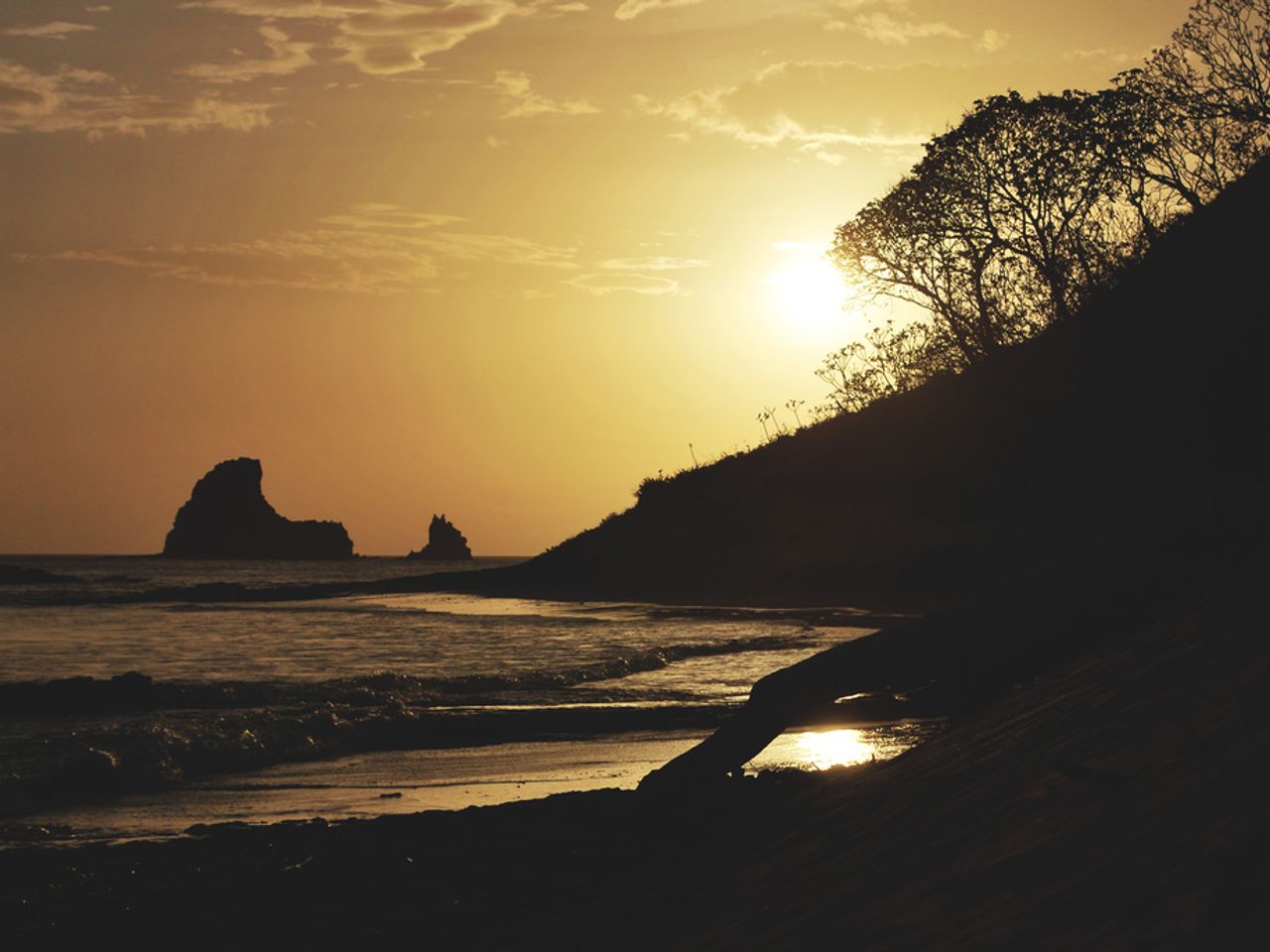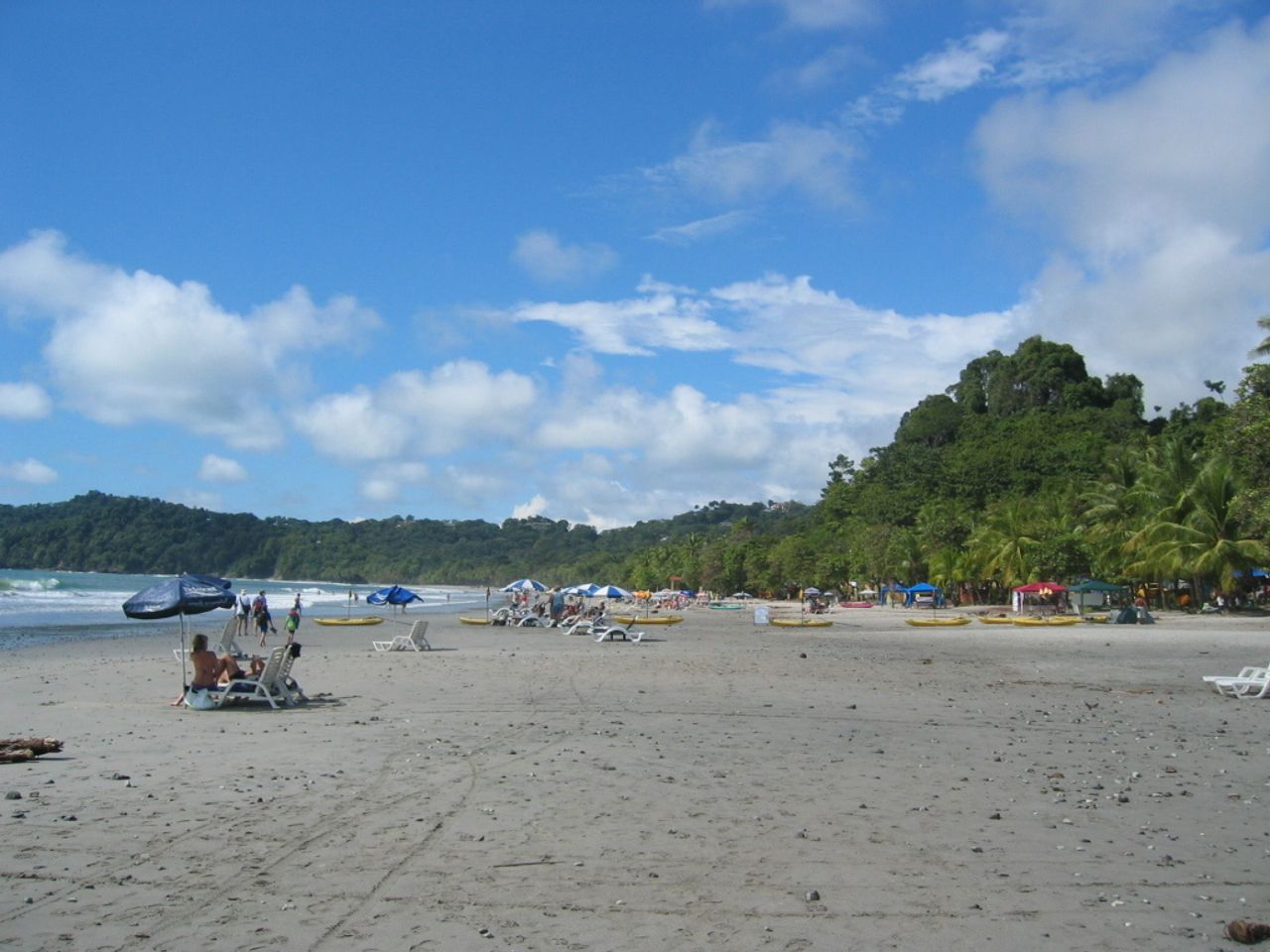Bangladeshi authorities have temporarily banned the political party led by the country's former prime minister.
Breaking News: Interim Government Bans Awami League Activities Under Anti-Terrorism Law
The recent protests demanding the ban of the Awami League's activities have led to a response from the Interim Government. As of May 10, 2025, the Awami League's activities, both physical and digital, have been prohibited under the Anti-Terrorism Law until the International Crimes Tribunal (ICT) wraps up its proceedings against the party and its top leaders.
The justification for this harsh decision comes from the advisor to the Interim Government, Asif Nazrul, who argued that this move targets securing national security, defending the July Movement leaders and activists, and safeguarding complainants and witnesses at the ICT proceedings.
Nazrul has also announced modifications to the ICT law, granting the tribunal the power to indict any political party, its affiliated organizations, or support groups. This change directly impacts the Awami League, placing the party under legal scrutiny for alleged actions during the events leading to and during the 2024 uprising.
The former Prime Minister, Sheikh Hasina, who ruled Bangladesh with an iron fist since 2009, took refuge in India on August 5, following weeks of violent riots that were brutally suppressed. Recent estimates by the UN suggest that around 1,400 individuals may have been killed between July 1 and August 15, with thousands more injured, many shot by security forces, and 12-13% of the fatalities being children. The Office of the High Commissioner has accused the former government, Bangladeshi security forces, and violent elements associated with the Awami League of human rights violations.
This political shift marks a significant moment in Bangladesh's history, as the Awami League, a major political force since its inception in 1949 and the leader of the country prior to the July 2024 uprising, now faces severe consequences for its alleged role in the suppression of last year's unrest.
(Enrichment Data: The ban on the Awami League under the Anti-Terrorism Act ensures national security and protects leaders, activists, and witnesses implicated in the July 2024 uprising, which claimed hundreds of lives [1][2]. The interim government has amended the ICT Act to empower the tribunal to indict entire political parties, including the Awami League [1][2]. This change follows public pressure and protests demanding the party's ban and prosecution for crimes related to the uprising [1][2].)
Additional Reading: Former Bangladesh Prime Minister Khaleda Zia Returns to the Country
- What is the current situation regarding the Awami League after the Interim Government imposed a ban under the Anti-Terrorism Law? The ban, enacted on May 10, 2025, prohibits all physical and digital activities of the party until the International Crimes Tribunal (ICT) completes its proceedings.
- Who justified the ban on the Awami League's activities, and what did they argue? The Interim Government's advisor, Asif Nazrul, argued the move aims to secure national security, defend the July Movement leaders and activists, and safeguard complainants and witnesses at the ICT proceedings.
- How has the ban on the Awami League's activities affected the party, according to the recent modifications to the ICT law? The amendment grants the tribunal the power to indict not only the party but also its affiliated organizations and support groups, placing them under legal scrutiny for alleged actions during the 2024 uprising.
- Who was the former Prime Minister of Bangladesh since 2009, and where did she take refuge following weeks of violent riots? Sheikh Hasina, who was in power since 2009, took refuge in India on August 5, following weeks of violent riots that were brutally suppressed.
- What impact does this political shift have on Bangladesh's history, and why is it significant? The Awami League, a major political force since its inception in 1949 and the leader of the country prior to the July 2024 uprising, now faces severe consequences for its alleged role in the suppression of last year's unrest, marking a significant moment in Bangladesh's history.








